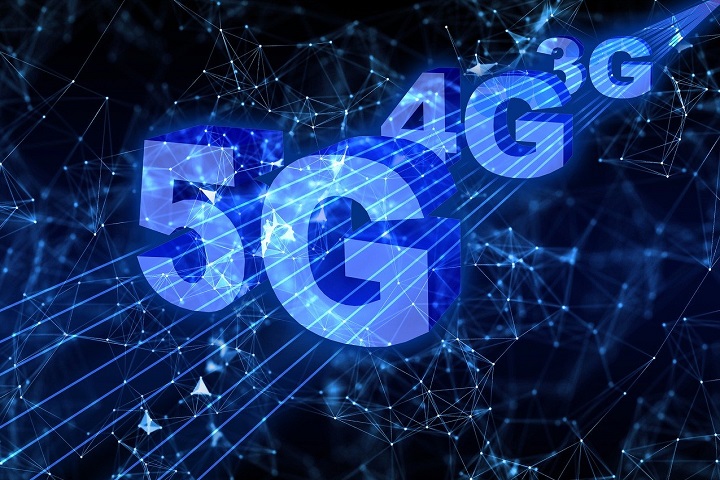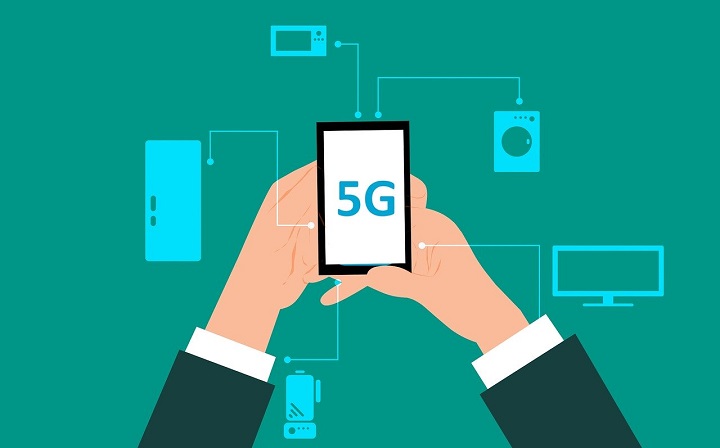5G is on everyone’s lips. This new versatile mobile technology will increase network speed with minimizing latency (web response time), and exponentially multiply the number of connected smart devices. In other words: we will be connected to everyone and everything, all day, and in the shortest conceivable time. But is it dangerous?
5G will improve connectivity and considerably reduce latency time. Thanks to the advent of the ‘internet of things,’ part of the urban furniture of big cities will be permanently connected.
As has happened with many other technical improvements, 5G is already here, and it will stay, beyond the technical wars between China and the USA.
The implementation of the fifth-generation mobile cellular network will change the way we can communicate, multiply the capacity of information highways & enable everyday objects, from the fridge to cars, to connect (with us and with each other) in real-time.
Its deployment represents a real technological revolution that will allow, for example, remote-assisted surgical interventions, such as the one recently carried out in Barcelona, the implementation of new fleets of autonomous vehicles, and the coordination of agricultural work through sensors installed at different points in a cultivation field.

1. But what exactly is 5G?
The name of 5G refers to the 5th generation of mobile cellular networks we know. The old 1st generation network is gone, which is only allowed to speak of those first mobile phones.
2G technology introduced SMS, and little by little, our ‘smartphone’ became an increasingly extensive telecommunication tool.
First, the 3G Internet connection was incorporated. Then broadband (4G) arrived, which brought with it the reproduction of videos in real-time (streaming) or augmented reality, something we are already very accustomed to. Still, a few years ago, they were utterly unfeasible.
Read More: Is 5G Dangerous For Health?
2. How 5G will change the world
The most advance will come from the hand of high speed. 5G will allow browsing speed up to 10 Gbps (gigabytes per second), ten times faster than the main fiber optics offerings on the telecom market; for example, download a complete movie in seconds.
Latency (the network response time) will also experience significant advancement. According to the network operators, this could be reduced to 5 milliseconds and an almost inappreciable period for a human being, which will allow us to connect practically in real-time.

This data is notably more critical, for example, to minimize the response time of an autonomous vehicle to improve the security of both the occupants and any pedestrians surrounding it. The new 5G technology can exponentially increase the number of connected devices.
Vehicles, industrial robots, urban furniture (speed bumps, bus stops, driveways), or any electronic devices at home like the alarm, the washing machine, the fridge, or the robot vacuum cleaner can connect and share information.
3. Is 5G dangerous?
The WHO classified wireless technology as a level 2B carcinogen, very generic cataloging that, as per the world wellbeing association itself, refers to the compounds “perhaps cancer-causing to people, that is, the point at which a causal association is considered as believable, however, possibility, inclination, or frustrating components can’t be ruled out with reasonable certainty, “a class that incorporates substances that are considered somewhat destructive, for example, such as coffee.
“Studies to date do not indicate that environmental exposure to RF (radio frequency) fields increases the risk of cancer or any other disease,” says the WHO.
However, even though the WHO has stated that “the studies that carried out to date do not indicate the environmental exposure to RF (radio frequency) fields to increases the risk of cancer or any other skin diseases,” from specific organizations warn of the potential health hazards of mobile phone waves.
For example, the NGO Ecologistas en Accion recently issued a statement warning that the implementation of 5G had been carried out “without evaluating its possible health and environmental effects, despite strong and many scientific calls to apply the principle precautionary.”
With scientific studies in hand, it seems that 5G will bring more benefits than problems.
